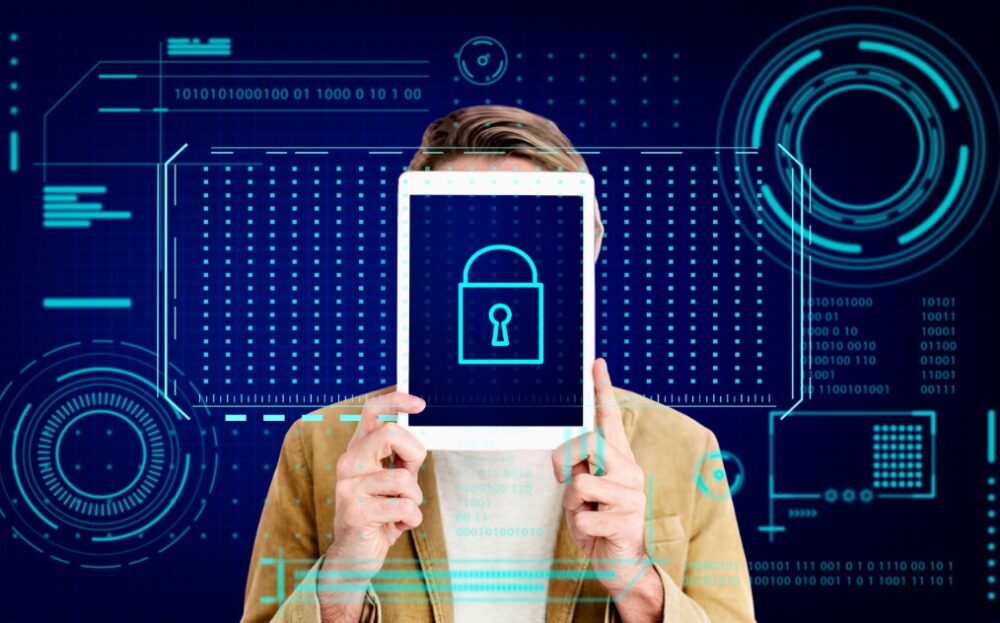In today’s digital age, where transactions, social interactions, and even work are increasingly moving online, protecting personal information has become more critical than ever. With cyber threats constantly evolving, ensuring secure and reliable ways to verify identity is essential for both individuals and organizations.
One of the most effective ways businesses and platforms safeguard user data is through identity verification software. This article explores what identity verification software is, how it works, and why it’s vital for ensuring online security.
What Is Identity Verification Software?
At its core, identity verification software helps confirm that a person is who they claim to be when accessing an online service or platform. The process typically involves analyzing personal details such as names, birth dates, addresses, and sometimes even biometric data. Whether you’re signing up for a new account, making a high-value transaction, or accessing sensitive information, this software ensures that only authorized individuals can proceed.
The need for robust identity verification measures has grown in response to the rising number of identity theft cases and cyberattacks. According to recent studies, millions of people fall victim to these crimes each year, resulting in financial losses, damaged reputations, and breaches of trust. Identity verification software plays a crucial role in minimizing these risks by adding an extra layer of protection.
How Does Identity Verification Software Work?

Identity verification software can take many forms, but its goal is the same: to confirm that an individual’s identity is legitimate. Let’s break down how it typically functions.
- Document verification ─ Users might be asked to upload government-issued IDs, passports, or other official documents. The software will scan and compare the information on the document to ensure its authenticity.
- Biometric checks ─ Some systems use facial recognition or fingerprint scanning to match physical characteristics with stored data. This method is becoming increasingly common for mobile applications and banking platforms.
- Knowledge-based verification ─ Another approach involves asking users security questions based on public or private data, such as previous addresses or transactions, to confirm their identity.
- Two-factor authentication (2FA) ─ Often used in conjunction with other methods, 2FA requires users to input a code sent to their mobile phone or email. This ensures that even if someone gains access to login credentials, they won’t be able to proceed without the second form of authentication.
By employing these methods, identity verification software can accurately and efficiently verify an individual’s identity, reducing the likelihood of fraud or unauthorized access.
Why Businesses Need Identity Verification Software

For businesses, especially those that handle sensitive information like financial data or health records, implementing identity verification software is no longer optional—it’s essential. Let’s explore why this software is a must-have for any organization that operates online.
- Compliance with regulations ─ Many industries are subject to strict regulations regarding data privacy and security, such as the General Data Protection Regulation (GDPR) in Europe or the Health Insurance Portability and Accountability Act (HIPAA) in the United States. Identity verification software helps businesses comply with these laws by ensuring they verify the identity of individuals accessing sensitive information.
- Preventing fraud ─ Online fraud is a growing concern for businesses of all sizes. Cybercriminals often use stolen identities to gain access to accounts, make fraudulent purchases, or engage in other illegal activities. Identity verification software significantly reduces these risks by providing an additional layer of security.
- Building trust ─ Customers are more likely to trust businesses that take their security seriously. By implementing identity verification software, companies demonstrate their commitment to protecting user data. This can improve customer retention and satisfaction while attracting new users who value privacy and security.
- Cost savings ─ While it may seem like an investment upfront, identity verification software can save businesses money in the long run. Preventing fraud and minimizing data breaches reduces legal fees, fines, and the reputational damage that often accompanies cyberattacks.
Common Use Cases for Identity Verification Software

So, where exactly is identity verification software used? While it’s commonly associated with financial institutions and government agencies, its applications extend far beyond these industries.
- E-commerce ─ With the rise of online shopping, identity verification has become crucial for preventing fraudulent transactions. Many e-commerce platforms now use this software to verify the identity of users during the checkout process, especially for high-value purchases.
- Healthcare ─ In healthcare, protecting patient data is paramount. Identity verification software ensures that only authorized individuals—whether they’re patients, healthcare providers, or insurance agents—can access sensitive health information.
- Social media and online communities ─ To combat the rise of fake profiles and online harassment, some social media platforms have started using identity verification measures to ensure users are who they claim to be. This helps create a safer, more authentic online environment.
- Remote work and hiring ─ As remote work becomes more common, businesses need to ensure that the individuals they’re hiring or collaborating with are legitimate. Identity verification software can verify the identity of remote employees, contractors, or freelancers during onboarding or before signing contracts.
The Future of Identity Verification Software
The evolution of identity verification software is far from over. As technology continues to advance, we can expect to see even more sophisticated methods of verification. For instance, biometric verification—which includes facial recognition, voice identification, and even retinal scans—will likely become more widespread. Additionally, artificial intelligence (AI) and machine learning will play a significant role in improving the accuracy and speed of these systems.
Another trend to watch is the increasing use of blockchain technology for identity verification. Blockchain offers a decentralized and secure way of storing identity information, reducing the chances of data breaches or tampering.
Conclusion
As our world becomes increasingly digital, identity verification software will continue to be an essential tool for protecting personal information and preventing fraud. Businesses that prioritize user security by adopting these technologies not only comply with regulations but also build trust with their customers.
Whether you’re shopping online, accessing medical records, or logging into a social media account, identity verification software ensures that your personal data stays safe in the hands of those who truly need it.





